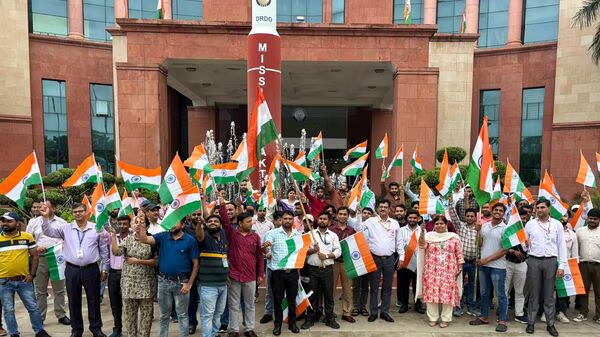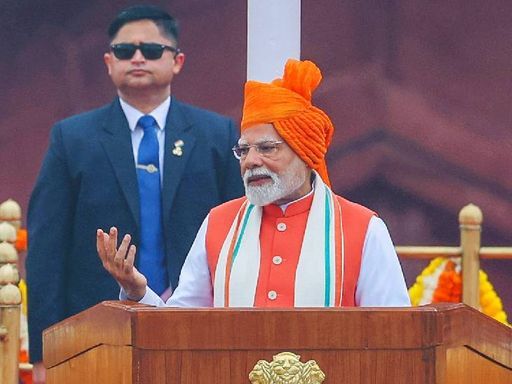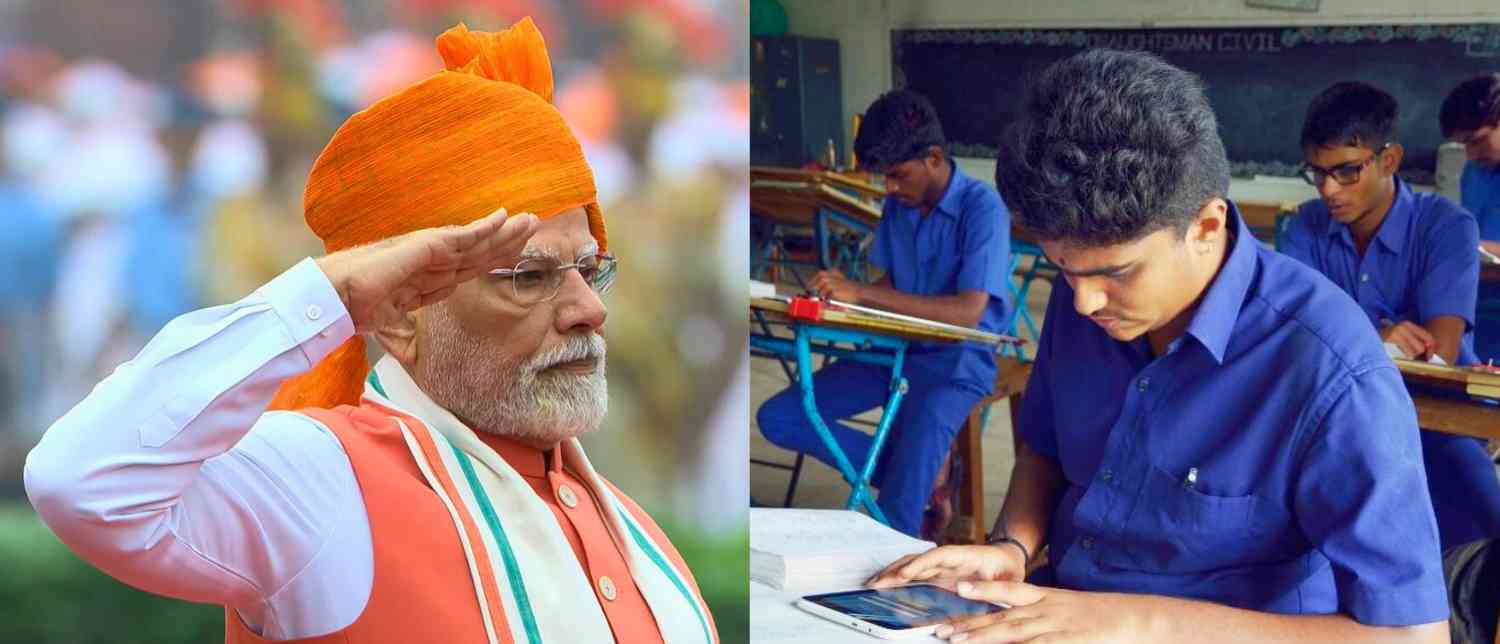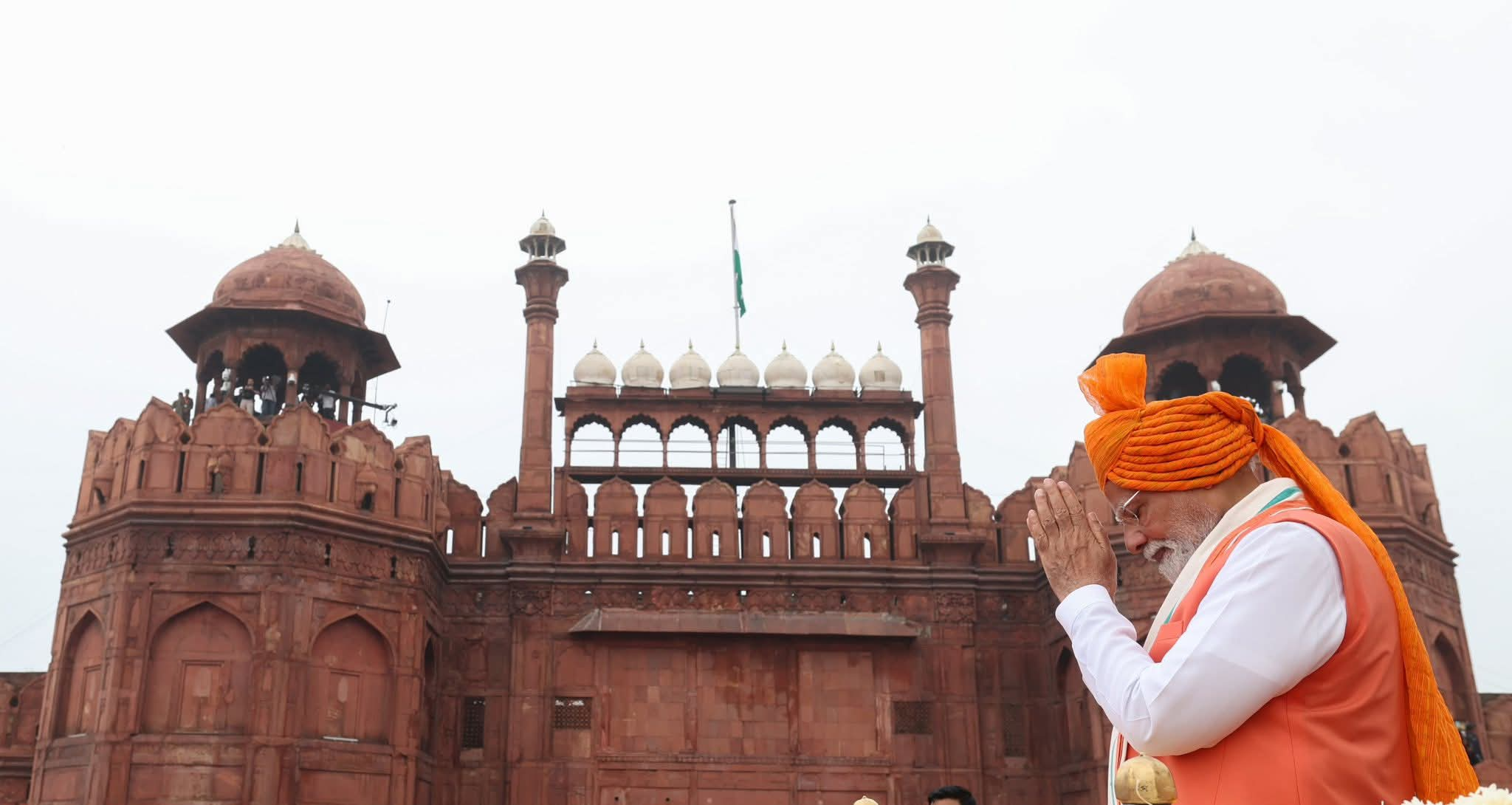Prime Minister Narendra Modi announced a major new employment scheme called the Pradhan Mantri Viksit Bharat Rozgar Yojana during his 12th Independence Day speech on August 15, 2025. With a budget of ₹1 lakh crore, this scheme aims to create over 3.5 crore new jobs in the next two years, targeting youth employment and formalization of India’s workforce.
Part A focuses on first-time employees who register with the Employees' Provident Fund Organisation (EPFO). These young workers, earning up to ₹1 lakh per month, will receive a wage incentive of up to ₹15,000 in two installments—one after six months and the other after 12 months of continuous employment. To encourage financial discipline, a portion of the incentive will be saved in a fixed deposit account, which the employee can withdraw later after a set period. This part aims to benefit around 1.92 crore young workers.
Part B targets employers to encourage them to create new jobs across sectors, particularly manufacturing. Employers will receive up to ₹3,000 per month as an incentive for each new employee whose salary is up to ₹1 lakh, sustained for at least six months. For manufacturing firms, this incentive extends up to four years instead of just two. This part expects to promote the creation of nearly 2.6 crore jobs.

The government plans to pay these incentives directly through digital means for transparency and efficiency, using Aadhaar-linked Direct Benefit Transfer (DBT) for employees and PAN-linked accounts for employers.
This scheme arrives amid growing concerns over youth unemployment and the informal nature of much of India’s workforce. By incentivizing both new workers and employers, the government aims to formalize more jobs, enhance social security coverage, and boost job creation in a sustainable manner.
This initiative could be a strong step towards addressing the job crunch faced by millions of young Indians entering the workforce each year. The focus on first-time employees and support for manufacturing reflects an understanding of where job growth is needed most. Encouraging saving habits through financial literacy programs linked with the incentives also adds a dimension of long-term financial security for workers.

However, the success of this ambitious scheme will depend heavily on effective implementation, reaching the targeted workers and firms, and ensuring that the jobs created are sustainable and offer decent working conditions. Observers and citizens alike will be watching closely to see if the large investment translates into real opportunities for India's youth.
Overall, the Pradhan Mantri Viksit Bharat Rozgar Yojana represents a significant governmental effort to tackle employment challenges by blending financial incentives, formalization, and social security in a large-scale national program. Its progress and impact will unfold in the coming years as it takes shape on the ground.
With inputs from agencies
Image Source: Multiple agencies
© Copyright 2025. All Rights Reserved. Powered by Vygr Media.
























